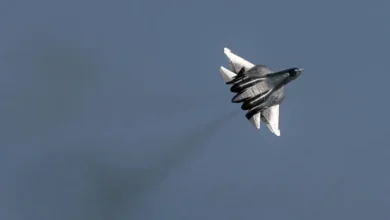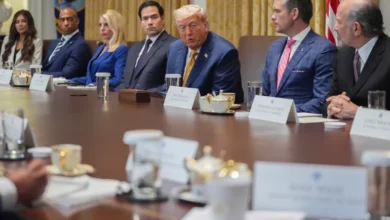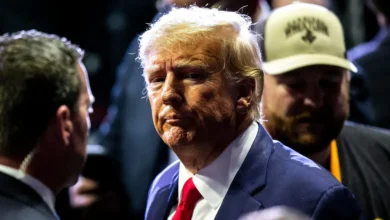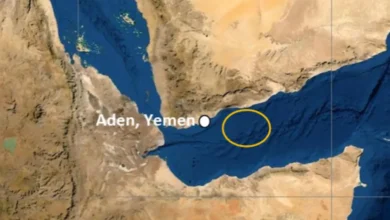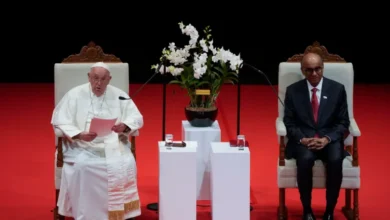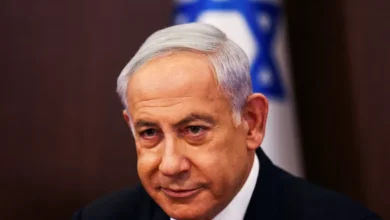‘Very significant’: Xi-Biden meet could help lower tensions, say analysts
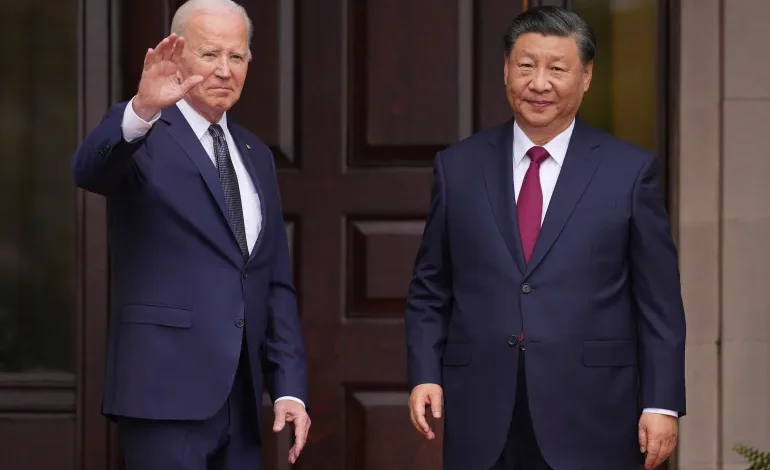
The first meeting between Chinese President Xi Jinping and United States President Joe Biden this year is a positive signal that the two superpowers want to improve their working relationship, analysts have said.
Xi and Biden met Wednesday on the sidelines of the APEC Summit in San Francisco, where they promised to cooperate on issues like artificial intelligence, climate change and curbing fentanyl shipments to the US.
They also pledged to restore military communications that were cut off following the visit of then-US Speaker of the House Nancy Pelosi to Taiwan last year, a self-ruled democracy that China regards as its own territory.
While none of the outcomes were surprising, analysts said they represent a move in the right direction.
“What this meeting achieves is it helps regenerate a little bit of political capital as the two sides enter into a year that will be filled with a number of events that could see tensions flare up again,” said Amanda Hsiao, a Taipei-based senior China analyst at the Crisis Group.
Taiwan will hold presidential elections on January 13, while the US is poised for its own presidential vote next November. Relations with China will likely figure prominently in both campaigns.
“One way to understand this is this meeting helps to create a bit of a buffer against what will inevitably be an uptick in tensions,” Hsiao said.
Hsiao pointed to China’s messaging after the meeting that asked for the US to specifically support “peaceful unification with Taiwan” and to stop arming the Taiwanese military. These, she said, were a positive sign.
“The asks are more concrete,” she said, which suggests that “tensions may be lowering over Taiwan because in a way this represents an attempt at bargaining by Beijing, they’re trying to see what they can get out of the US.”
Alicia Garcia Herrero, the chief economist for Asia Pacific at Natixis, described the meeting as a win for Biden because Xi was forced to pledge – for now – that China had no plans to attack Taiwan in the coming years.
“This is a big win because it does tie Xi’s hands on something he has always claimed was ‘domestic affairs,” she said. “So this is quite impressive.”
Even so, China’s response to the upcoming Taiwanese election will be closely watched by observers. Beijing regards the island’s incumbent Democratic Progressive Party and its presidential candidate William Lai as “separatists”.
When angered by Taipei in the past, Beijing’s playbook has included staging military exercises in the Taiwan Strait, firing missiles towards Taiwan’s main island, or stepping up air and naval patrols in the vicinity.

